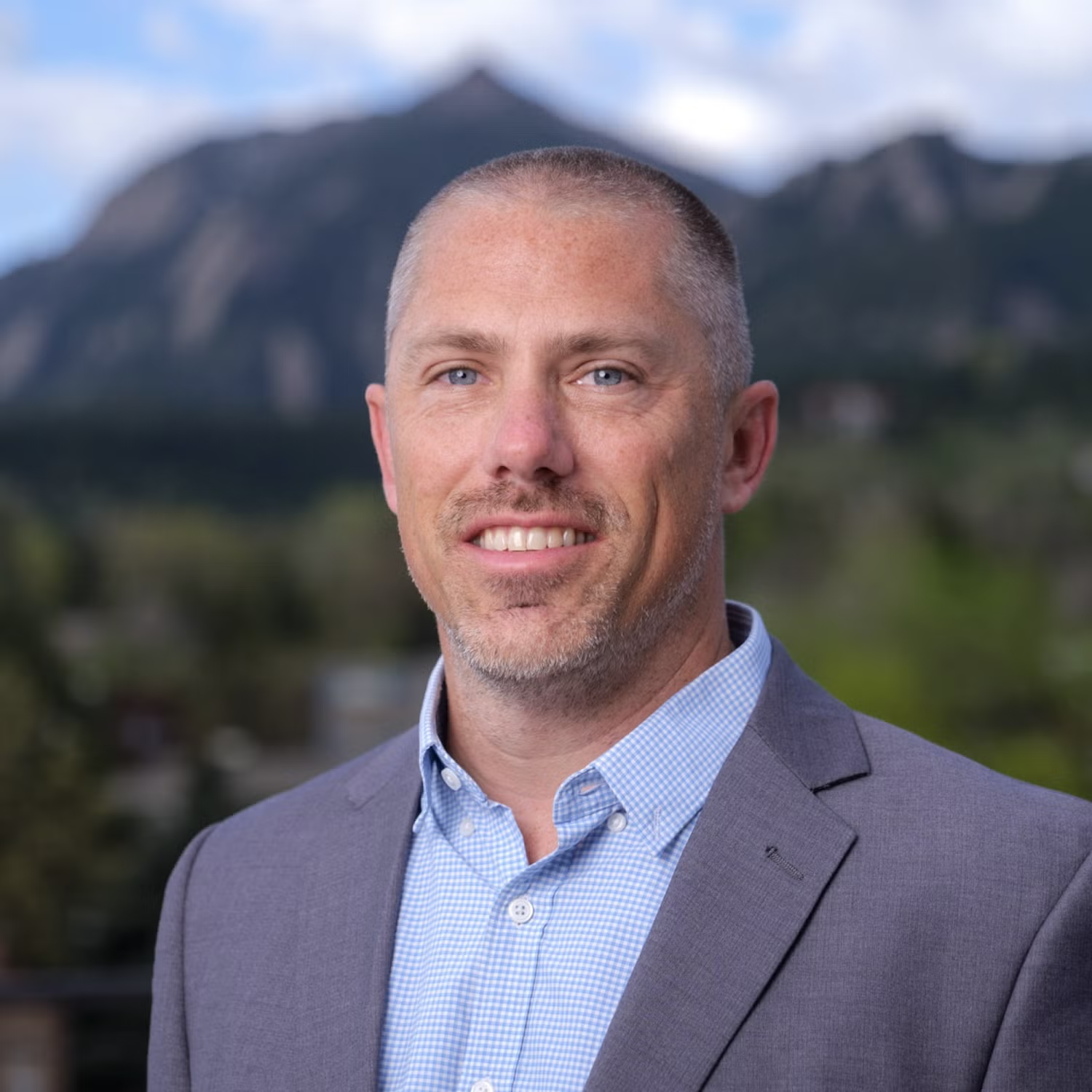Team Members
Kristopher Karnauskas
Co-investigator
Using Satellite Observations to Improve Our Understanding of Future Regional Sea-Level Change and its Impacts; Understanding Future Sea Level Change by Combining NASA Satellite Observations and Climate Models Using Machine Learning

Kris Karnauskas is a Fellow of the Cooperative Institute for Research in Environmental Sciences (CIRES) and an Associate Professor in the Department of Atmospheric and Oceanic Sciences (ATOC) at the University of Colorado Boulder, with secondary faculty appointments in the CU School of Medicine and the Colorado School of Public Health. Prior to joining the CU Boulder faculty, Kris spent six years on the faculty of the Woods Hole Oceanographic Institution (WHOI) and the MIT-WHOI Joint Program in Oceanography (also teaching at Boston College) followed by sabbatical at the Institut Pierre Simon Laplace (IPSL) in Paris, France through a Research Fellowship from the Alfred P. Sloan Foundation. Kris completed his B.S. at the University of Wisconsin-Madison and Ph.D. at the University of Maryland-College Park, both in Atmospheric and Oceanic Sciences, followed by a postdoctoral fellowship in Ocean and Climate Physics at the Lamont-Doherty Earth Observatory of Columbia University. Kris currently serves as Editor for AGU's Geophysical Research Letters (and will become Editor-in-Chief in January, 2025) and Section Editor for PLOS Climate, and recently served on the Scientific Steering Committee (SSC) of the U.S. Climate Variability and Predictability Program (US CLIVAR). Kris was the recipient of the 2017 Ocean Sciences Early Career Award from the American Geophysical Union (AGU) "for important contributions to better understanding the tropical oceans and atmosphere," and the 2024 AGU Atmospheric Sciences Turco Lectureship. During the spring of 2022, Kris was on sabbatical at Harvard University's Center for the Environment. In 2023, Kris became a founding co-chair of the Joint US CLIVAR/NIH Working Group on Climate & Health. Kris' group at CU Boulder explores the dynamics of the coupled Earth system toward useful predictions of impacts ranging from marine ecosystems to human health. Through teaching, Professor Karnauskas aims to equip students with the tools to investigate, communicate and act intelligently on matters of global change.


